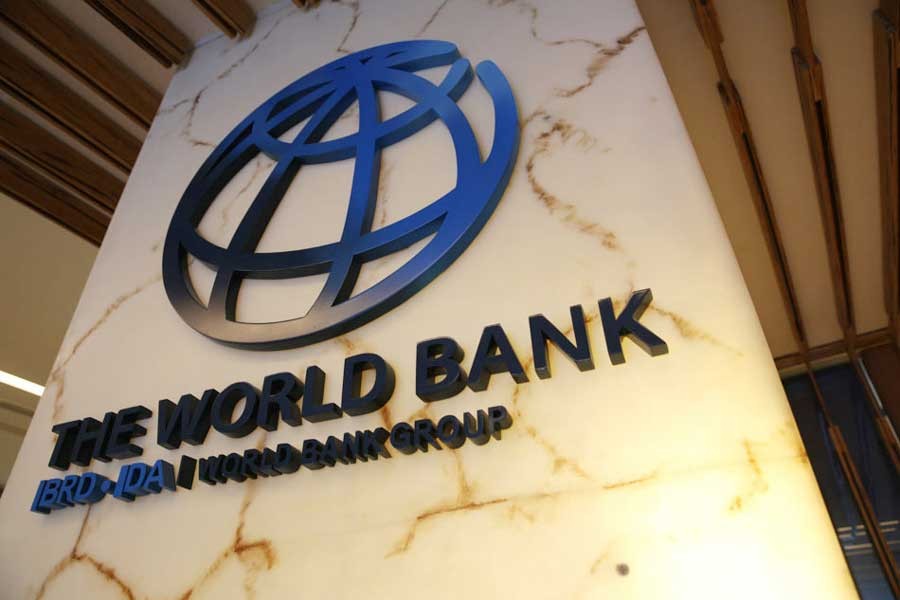To boost export growth and help the economy rebound from the COVID 19 pandemic impacts, improving the manufacturing sector’s productivity will be crucial for Bangladesh, says a new World Bank report launched Thursday.
The report, ‘Gearing up for the Future of Manufacturing in Bangladesh’ suggests that by strengthening innovation and technology adoption in firms, the manufacturing sector can improve productivity.
For this, the report identified three pillars: capabilities of managers and workers, connectivity to international markets, and complementary markets and institutions. Adopting new technologies and business practices will also help firms recover faster from the COVID-19 crisis.
“Bangladesh’s success in readymade garments (RMG) export has created about four million jobs and has driven economic growth. But, in recent years, job creation in the RMG sector slowed due to automation and the trend will likely accelerate in the post-pandemic world,” said Mercy Tembon, World Bank Country Director for Bangladesh and Bhutan. “This creates the urgent need for Bangladeshi manufacturers to shift gears from competing on low labour-intensive productivity to competing on higher productivity. For this to happen, firms will need to adopt better technologies across business functions and production processes.”
The report finds that in Bangladesh, most firms still use basic or near-basic technologies. For example, more than 40 per cent of firms still use handwritten documents for business administration, while three-fourth of them practice manual quality inspections.
Managerial and technical capabilities are crucial for a turnaround. About half of the manufacturing firms are run by people without college degrees. Compared to these firms, those with college-educated managers have a 10 per cent higher level of technology. Hence, building human capital remains an important agenda, as well as enabling firms to access advisory services in cost-effective ways.
International connectivity also contributes to the spread of technology. Firms doing business with multinational companies use more advanced technology than those working only in the local market. Export diversification beyond the readymade garments (RMG) sector will be crucial. Reducing restrictions on international trade and Foreign Direct Investment, making the duty-free import of raw materials more accessible to firms outside the RMG sector and modernizing special economic zones will help diversify export-led growth.
Strong financial institutions and regulatory frameworks underpin the importance of complementary markets for technology adoption. About half of the surveyed small and medium enterprises (SMEs) identified a lack of financing as the main barrier to adopting technology. To help firms to borrow for their technology needs easily, a stronger financial sector will be needed. Continuing with regulatory reforms to reduce the cost of doing business too remains vital.
“Creating more and better jobs is a development priority for Bangladesh. An export-led manufacturing sector can create sustainable and better-paying jobs by adopting better technologies,” said Siddharth Sharma, World Bank Senior Economist and a co-author of the report. “As Bangladesh seeks to diversify its export base, move up the value chain, and create better-paying jobs, improving the productivity of firms remains central to preparing for the future of manufacturing.”


